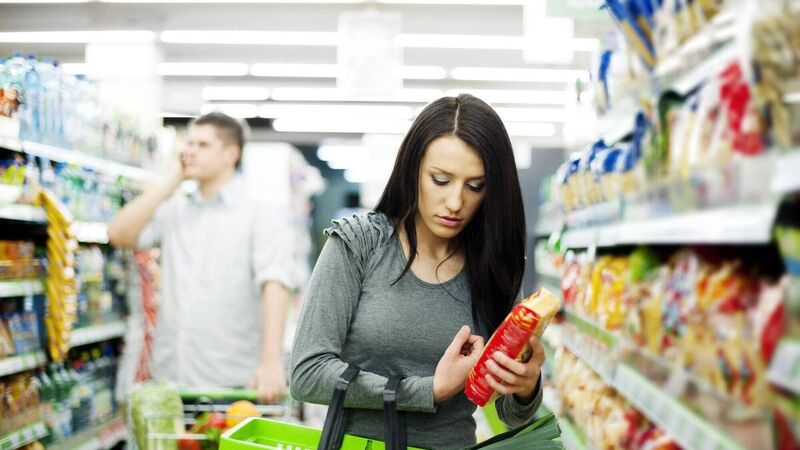'This cannot continue': Calls made for urgent new approach to tackle food waste

Some 753,000 tonnes of food waste was generated in 2021 and it’s hoped this can be halved by 2030.
Ireland “urgently needs a new approach” to tackling waste, with over two tonnes of waste generated for every person in the country last year, advocates have warned.
A new Government initiative launching on Friday will see the publication of a new roadmap towards managing the waste we generate in a circular economy, with this waste being repaired, reused, recycled, or composted.










